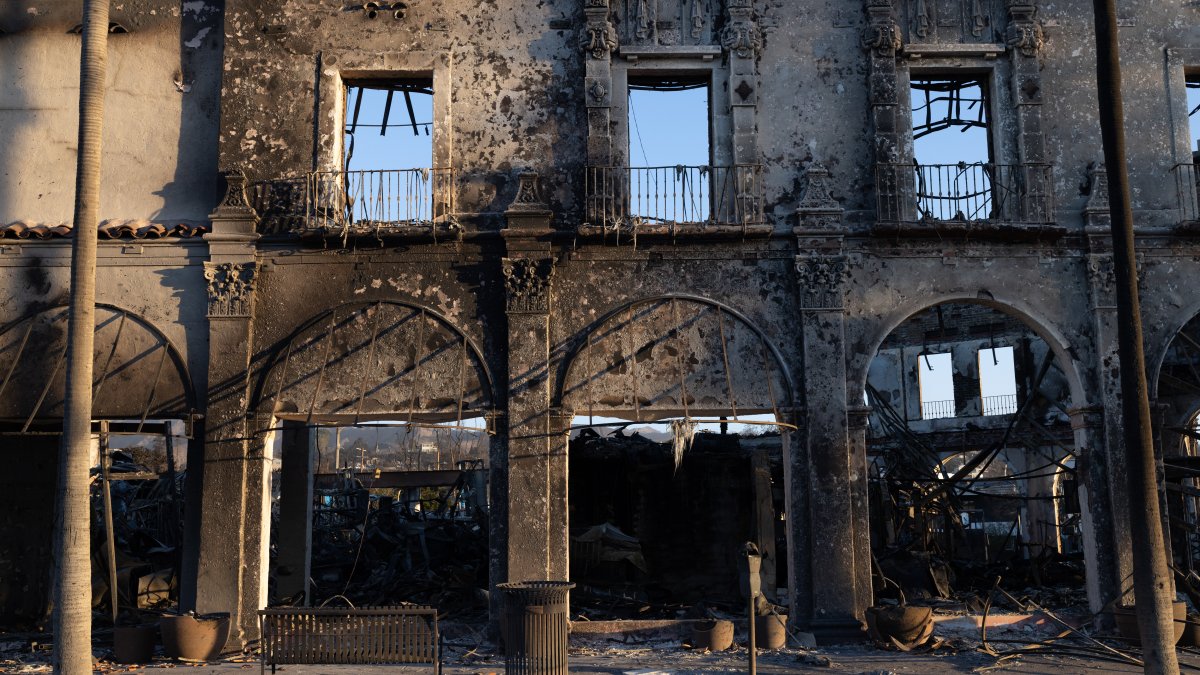## Philly Food Trucks Face a Midnight Crunch: Can They Survive a New Curfew?
The aroma of sizzling cheesesteaks and the chatter of hungry customers are staples of a vibrant North Philadelphia night. But a new curfew, aimed at curbing crime, is threatening to cut short the fun – and the profits – for local food truck owners.

Resident Support

As the news of the curfew’s impact on food truck owners spread, the North Philadelphia community rallied behind them. Residents took to social media to express their support, sharing stories of their favorite food trucks and the importance of preserving the city’s vibrant street food scene. Many residents also reached out to their local representatives, urging them to reconsider the curfew and find alternative solutions that would allow food truck owners to operate without restrictions.
In addition to showing their support online, residents also took action in their neighborhoods. Some organized petitions, while others attended city council meetings to speak out against the curfew. The outpouring of support was a testament to the close-knit nature of the North Philadelphia community and its desire to see its local businesses thrive.

City Response
The municipal government’s stance on the curfew has been firm, with officials citing concerns about noise, traffic, and public safety. According to city officials, the curfew is necessary to maintain order and ensure that residents are not disturbed by late-night food truck operations. However, food truck owners and their supporters argue that these concerns are unfounded and that the curfew is an overly broad solution to a problem that does not exist.
City officials have also pointed to the need for food truck owners to obtain the necessary permits and licenses to operate legally. While this is a valid concern, food truck owners argue that the permitting process is often lengthy and bureaucratic, making it difficult for them to navigate.
Protest and Petition
In response to the curfew, food truck owners have banded together to advocate for change. They have organized protests outside city hall, where they have spoken out against the curfew and called for its repeal. They have also launched a petition, which has garnered thousands of signatures from residents who support their cause.
The protests and petition have brought attention to the issue, with local media outlets covering the story and highlighting the impact of the curfew on food truck owners. The movement has also gained traction on social media, where supporters have used hashtags to raise awareness and build momentum.
A Call to Action
Solutions and Alternatives
As the debate surrounding the curfew continues, it is clear that a solution must be found that balances the needs of food truck owners with the concerns of city officials. One possible solution is to establish designated food truck zones, where owners can operate without restrictions. This would allow food truck owners to operate in areas that are zoned for commercial activity, while minimizing the impact on residential neighborhoods.
Another solution is to implement a permitting system that is more streamlined and accessible to food truck owners. This would allow owners to obtain the necessary permits and licenses quickly and easily, without having to navigate a lengthy and bureaucratic process.
Collaboration and Communication
The key to finding a solution to the curfew issue is collaboration and communication between food truck owners, city officials, and residents. By working together, these stakeholders can identify the root causes of the problem and develop solutions that address the concerns of all parties involved.
This collaboration could take the form of regular meetings between food truck owners and city officials, where concerns and ideas can be shared and discussed. It could also involve the formation of a task force, comprised of representatives from the food truck industry, city government, and the community, to explore alternative solutions to the curfew.
A Brighter Future
Despite the challenges posed by the curfew, the future of North Philadelphia’s food truck scene remains bright. With the support of residents and the determination of food truck owners, it is possible to find a solution that works for everyone.
By working together and finding creative solutions to the challenges posed by the curfew, North Philadelphia can continue to thrive as a hub for street food and entrepreneurial spirit. The city’s food truck owners are a testament to the power of innovation and hard work, and their success is a source of pride for the entire community.
Conclusion
The simmering tension between North Philadelphia’s vibrant food truck scene and the city’s recently implemented curfew underscores a larger struggle: balancing community safety with the economic livelihood of small businesses. Food truck owners argue that the curfew, designed to curb late-night crime, is crippling their already fragile businesses, forcing them to close early and lose valuable revenue. This isn’t just about tacos and cheesesteaks; it’s about the livelihoods of hardworking entrepreneurs and the cultural tapestry that these mobile kitchens contribute to the city’s diverse landscape. The situation begs the question: who bears the responsibility for ensuring both public safety and economic sustainability? Can the city find a middle ground, a solution that addresses concerns about crime without stifling the entrepreneurial spirit and cultural richness that food trucks represent? The future of North Philadelphia’s food truck scene hangs in the balance, and the city’s response will set a precedent for how it values the contributions of small businesses and the diverse communities they serve. Will it be a story of collaboration and compromise, or will it be another example of well-intentioned policies with unintended consequences? The answer remains to be seen, but one thing is clear: the wheels of change are turning, and the city must choose its direction carefully.
